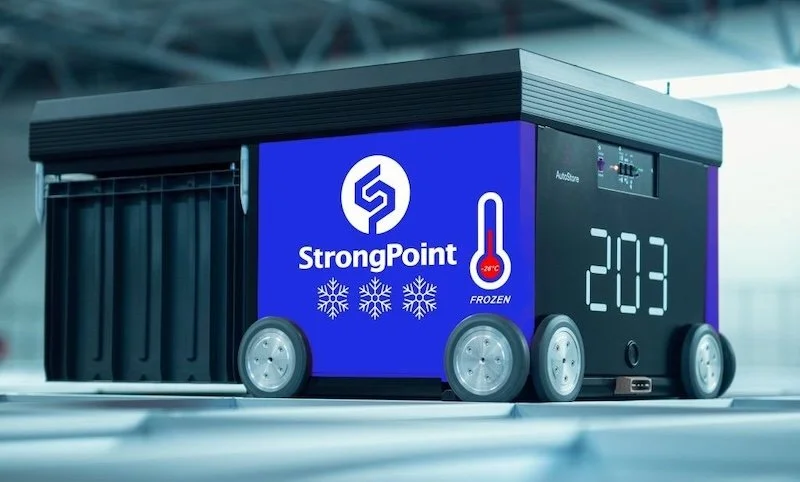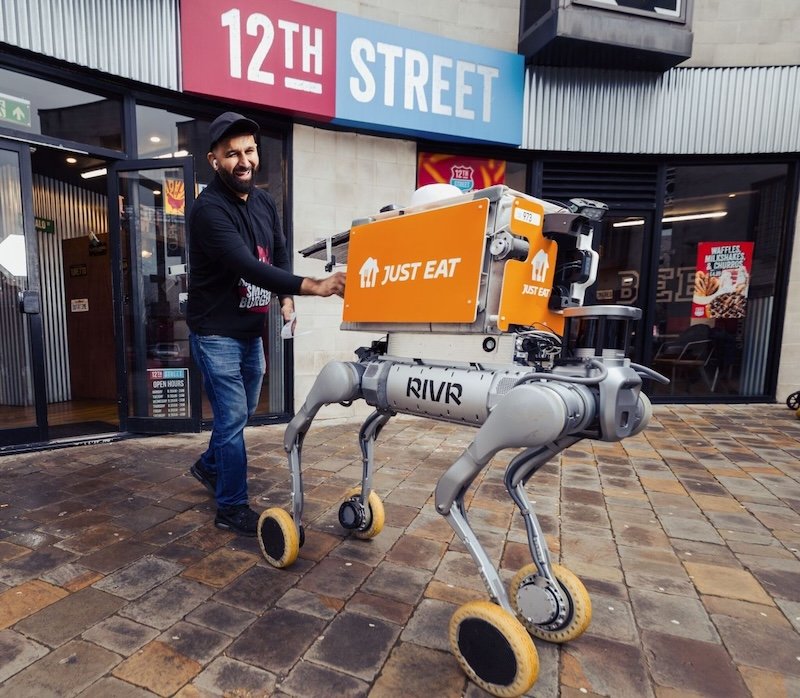AI and wellness: using AI for mental health support at work
Artificial intelligence (AI) has become a double-edged sword in today's fast-paced work environment. While its adoption streamlines operations and enhances productivity, it raises concerns about its impact on employee mental health.
However, the same technology that poses challenges can also provide solutions. This article explores the nuanced effects of AI on workplace wellness and outlines innovative strategies organisations can employ to harness AI in supporting employee mental well-being.
AI in mental health support
In recent years, Artificial intelligence (AI) has evolved from a futuristic concept often likened to the rise of Skynet in the Terminator series to a cornerstone in the operational fabric of modern organisations.
Today, with the advent of AI native companies, the technology's vast capabilities and benefits are widely acknowledged. It transforms workspaces into more efficient, data driven environments.
However, this rapid integration has also highlighted significant challenges such as potential biases, job displacement, and security risks, inadvertently contributing to workplace stress and anxiety.
This has been particularly poignant in sectors like technology, where AI driven efficiencies have led to substantial layoffs.
How employers can use AI to cut employee stress
Thanks to artificial intelligence (AI), innovative solutions have emerged in the quest to nurture a healthier work environment and diminish stress levels among employees.
By automating mundane and repetitive tasks, AI liberates workforce energy, allowing for a focus on more engaging and meaningful work. Tools like chatbots and AI platforms such as UiPath revolutionize efficiency by undertaking tedious duties like data management and scheduling, thus considerably easing the work burden.
This automation not only elevates productivity but also significantly reduces stress, as overwhelming workloads no longer bog down employees.
Furthermore, AI's capability to pinpoint stress patterns within the workspace by analyzing data trends offers an unprecedented opportunity for proactive stress management.
Managers can implement targeted interventions by understanding the root causes of work-related anxiety- extended hours or unmanageable workloads - ensuring a balanced workload distribution and preventing burnout.
AI shines in providing mental health support, offering 24/7 accessibility to mental wellness resources. From AI enhanced chatbots that offer real-time, empathetic conversations to sophisticated platforms enabling customised mental health interventions, technology paves the way for continuous support.
These AI tools, integral to healthcare benefits, facilitate self-care and professional assistance, addressing mental health concerns promptly and effectively.
Employee wellness programs also use AI driven tools. For example, Terryberry's walking challenge encourages employees to track their steps. This platform uses artificial intelligence to analyse the data and suggest tailored wellness activities for each participant, promoting physical activity and improving overall well-being.
Negative impact of AI on employee mental health
Despite AI's tremendous potential in the workplace, it's impossible to ignore its shadow on employee mental health and job security.
A striking 38% of employees fret over the possibility of AI rendering their job duties obsolete. The specter of job obsolescence is not just a statistic; it's a palpable concern affecting a substantial portion of the workforce, destabilizing job security perceptions across various demographics.
The worry doesn't stop at potential job loss. Over half of the workforce is aware of being monitored by AI tools at work, which has been linked to poor employee morale. Notably, most workers who know their performance is being tracked report feelings of micromanagement and emotional exhaustion.
This level of surveillance not only infringes on personal space but also engenders a culture of mistrust, leading to a significant decline in workplace morale.
Adding another layer to the complexity of AI's impact, there’s a notable shift in employee social behavior. Regular interaction with AI systems appears to foster loneliness among employees. Intriguingly, those feeling isolated may be more inclined to help their peers, potentially in a bid for social connection.
This dynamic reveals an urgent need for strategies to mitigate loneliness and promote a healthy work-life balance in increasingly digital workplaces.
Conclusion
While AI presents significant benefits for workplace efficiency and mental health support, its challenges, notably in job security and employee well-being, necessitate conscious efforts to balance technological advancements with human centric approaches for a harmonious work environment.
Employers must acknowledge AI’s impact on employee mental health and prioritize proactive measures to mitigate negative effects. By leveraging AI's full potential, organisations can create a supportive, resilient workplace that fosters employee well-being and productivity in equal measure.































Continue reading…